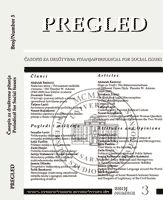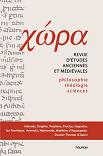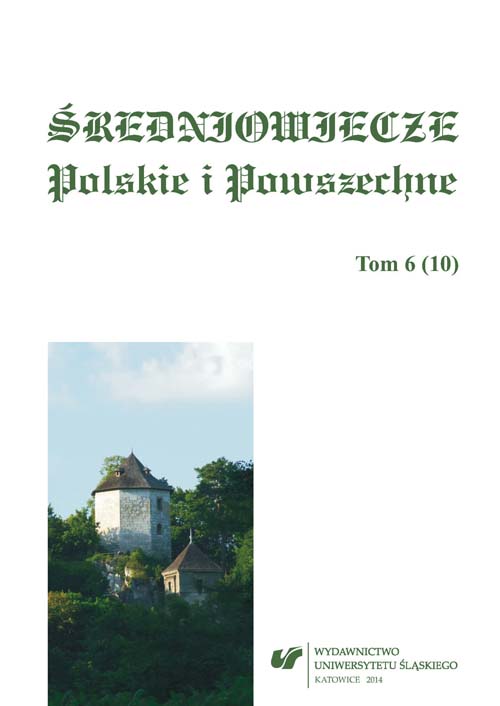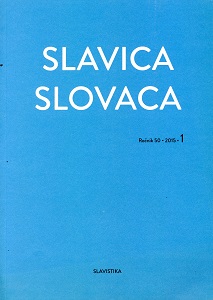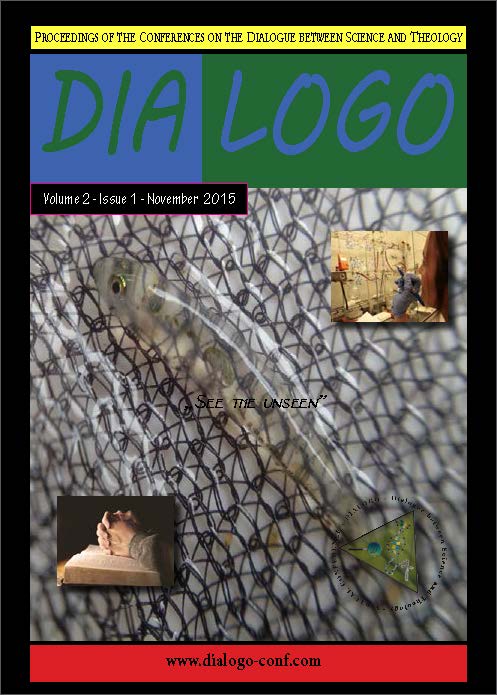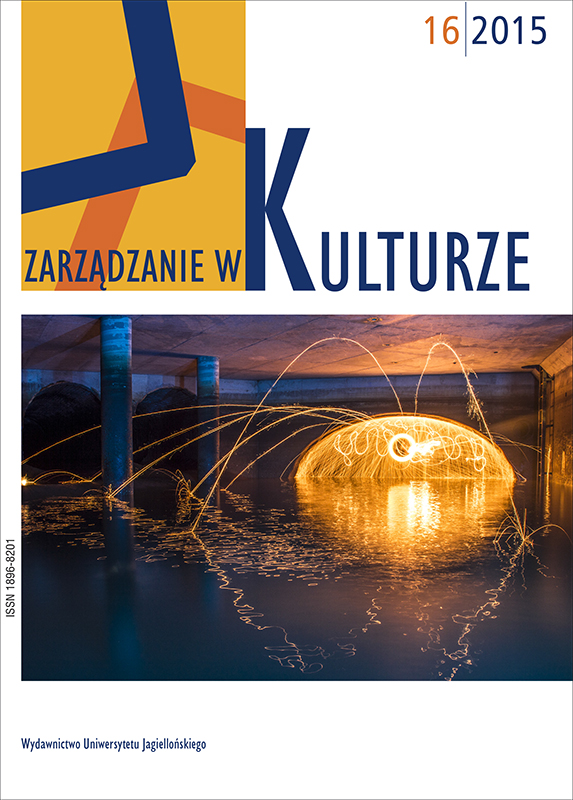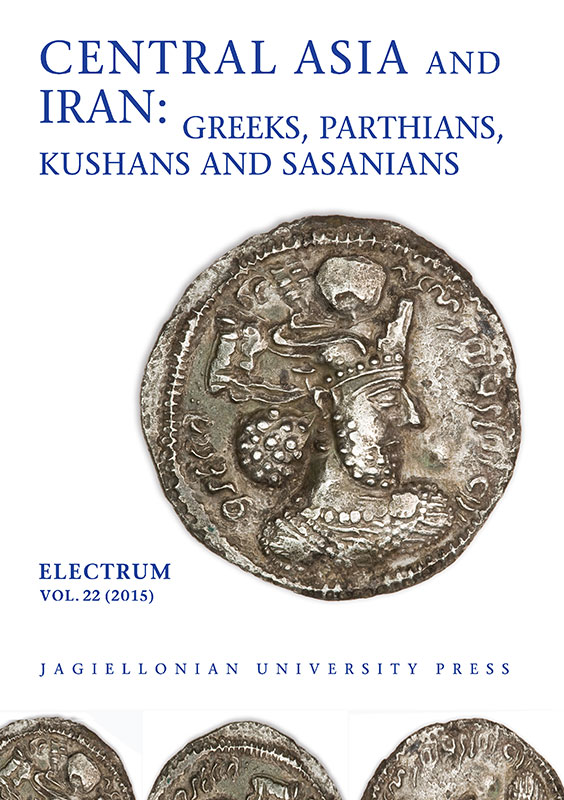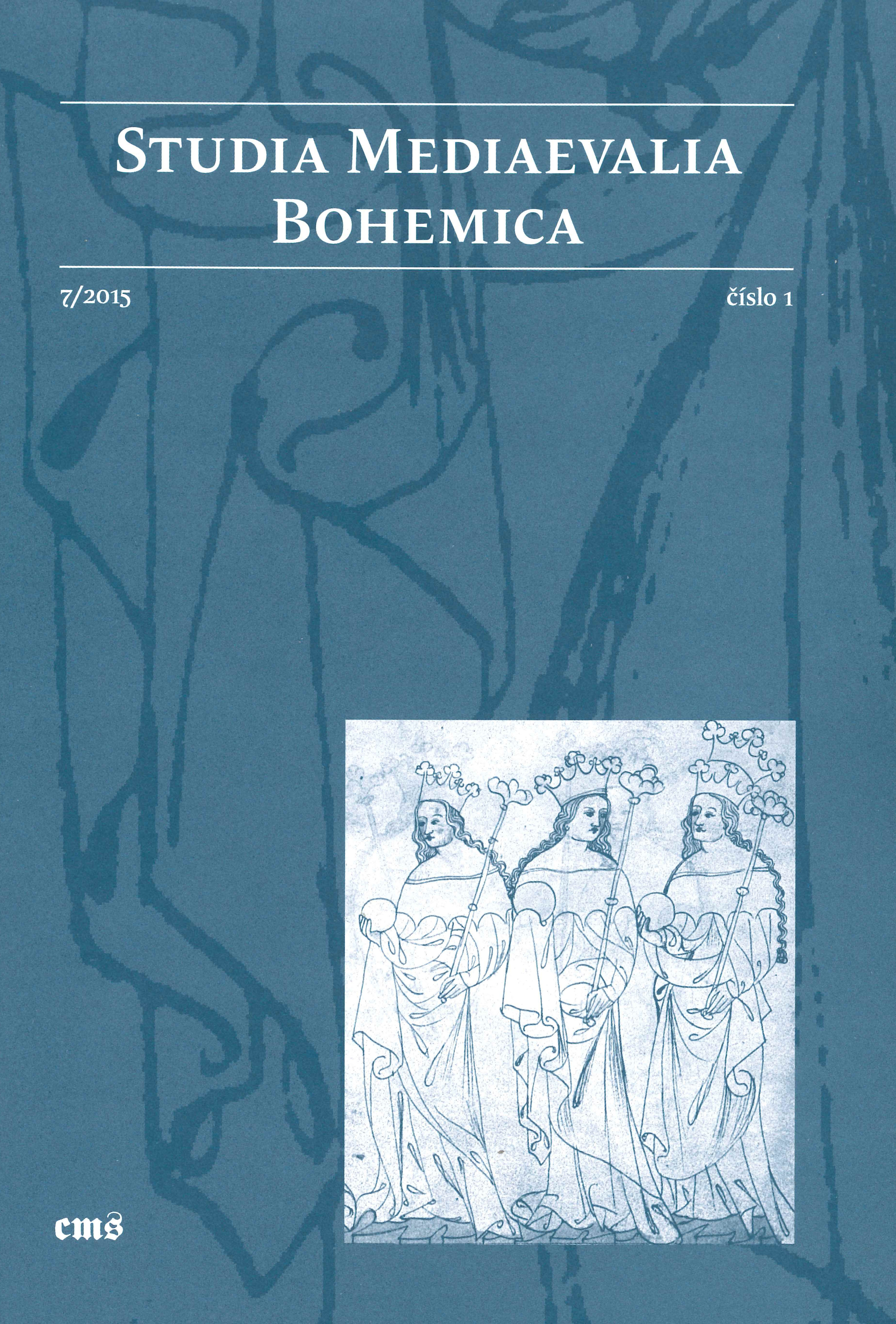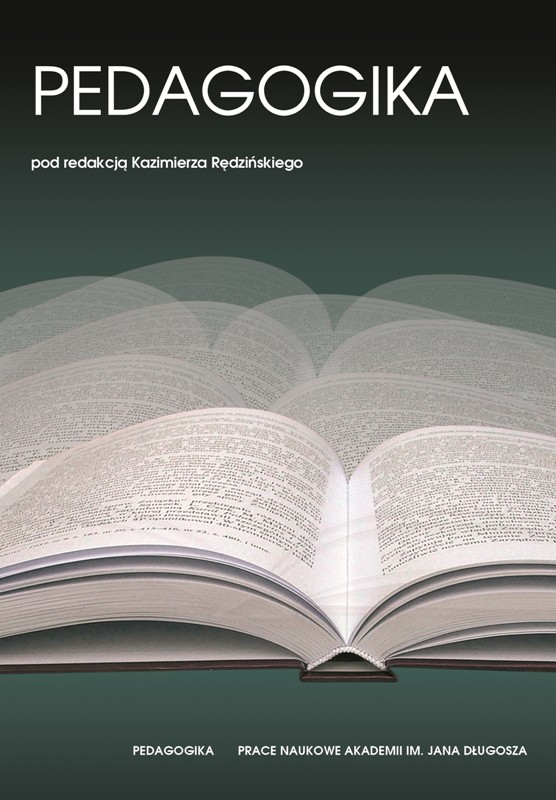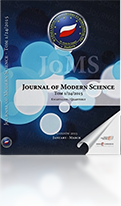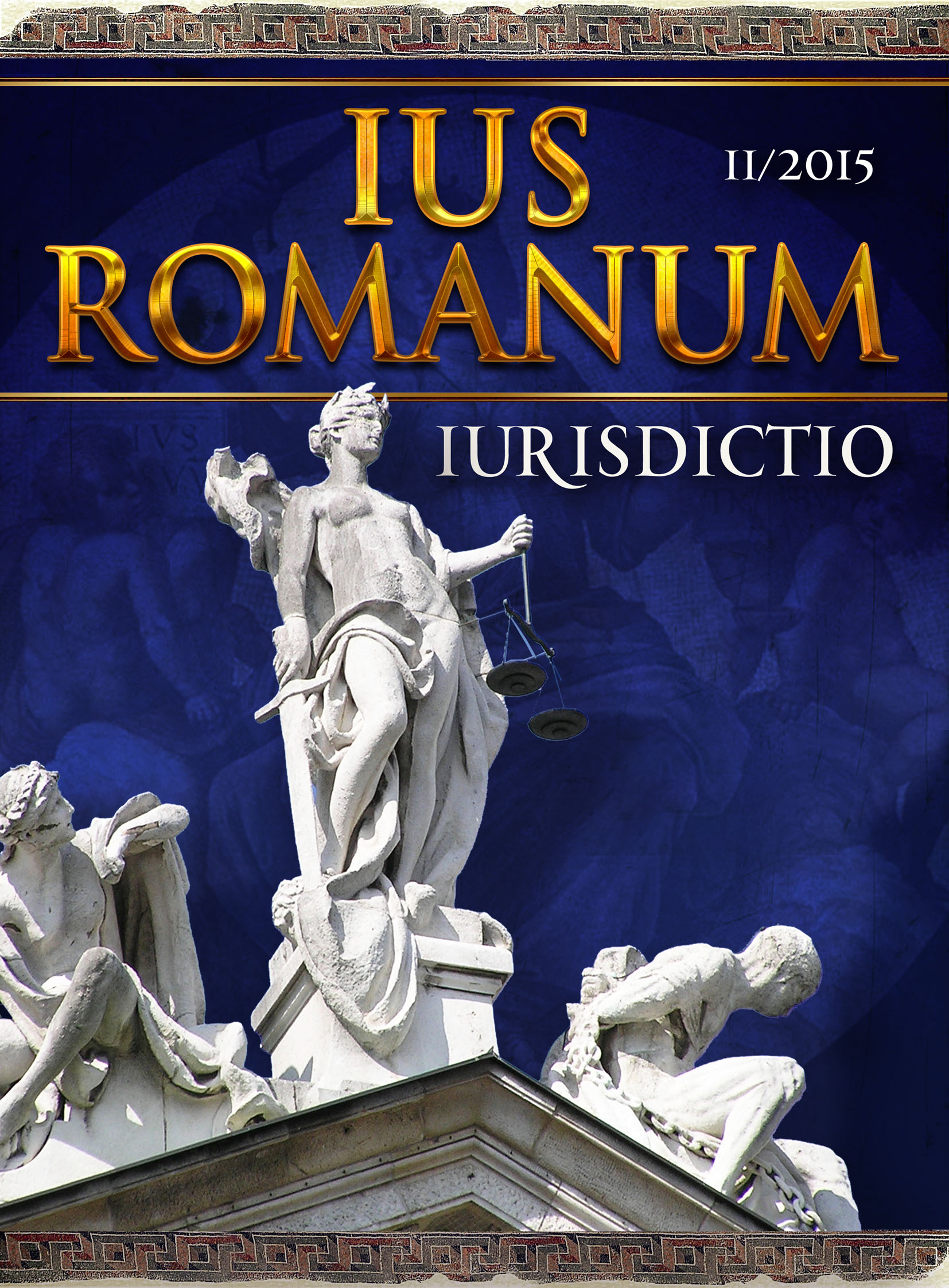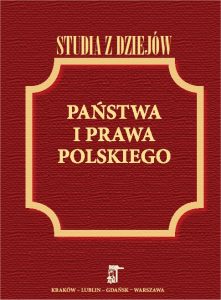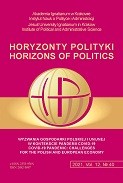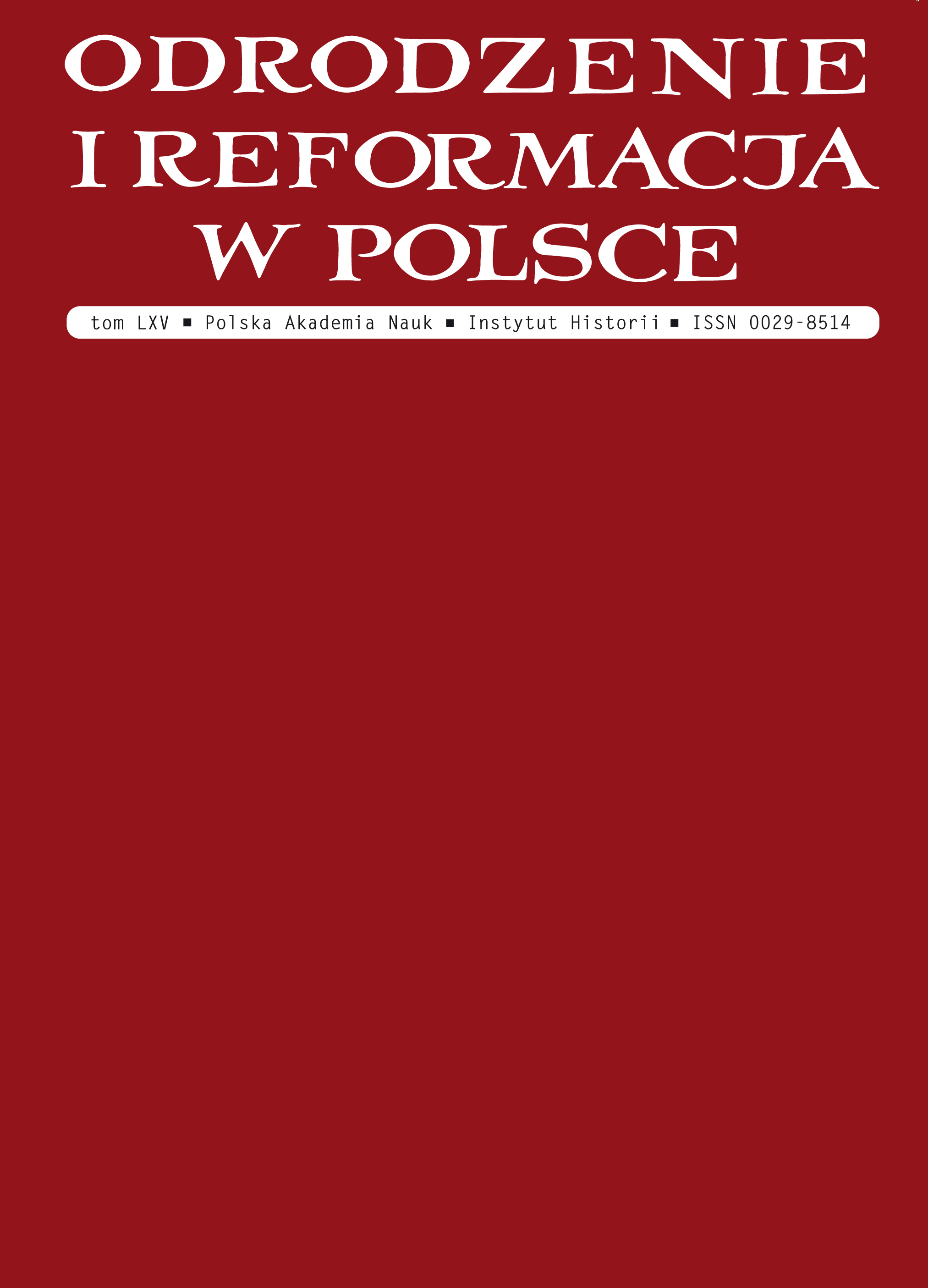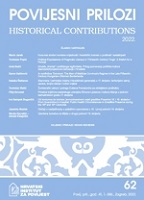Analytical And Middle Age Philosophy
FILOSOFIA ANALITICĂ ŞI FILOSOFIA MEDIEVALĂ
Keywords: Medieval philosophy; analytical philosophy; medieval logic
Until recently, among philosophers trained in the analytical tradition there was no interest in medieval thought. But in the 1960s and 1970s, significant developments took place, and the picture of medieval philosophy has changed completely: scholars like L.M. De Rijk, D. Henry, and J. Pinborg made evident that many areas of medieval thought reflect the emphases in contemporary philosophy. During the next decades, analytical philosophers discovered that there are similarities between the way they approach their subjects now and the way in which medieval arts masters and theologians worked: first of all, a concentration on logic is the distinguishing mark of both medieval and analytical philosophy. In The Cambridge History of Later Medieval Philosophy (1982), N. Kretzmann, A. Kenny, J. Pinborg and their collaborators showed how we can study medieval philosophy in an analytical way. Thus, analytical historians of medieval philosophy are now concentrating on those problems they believe can contribute to today’s philosophical inquiries; they are cuting out sentences and arguments, they are trying to translate medieval texts into modern terms, and they are analysing positions of the past philosophers as they would be maintained by contemporary philosophers. They are not aiming to be historical: their work relates rather to topics than to philosophers.
More...
